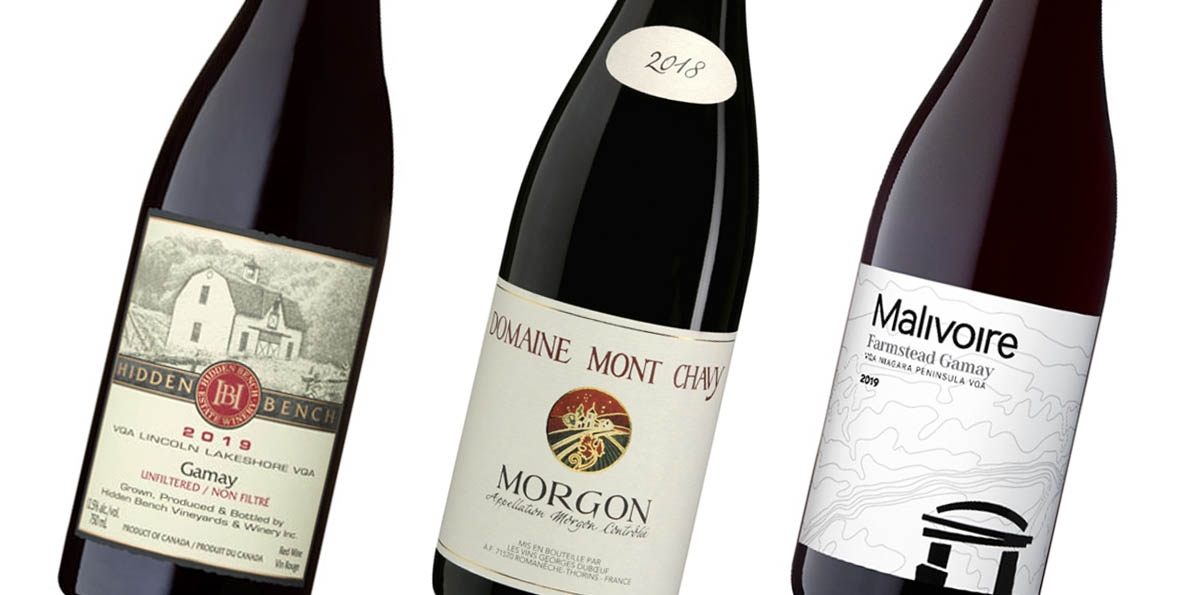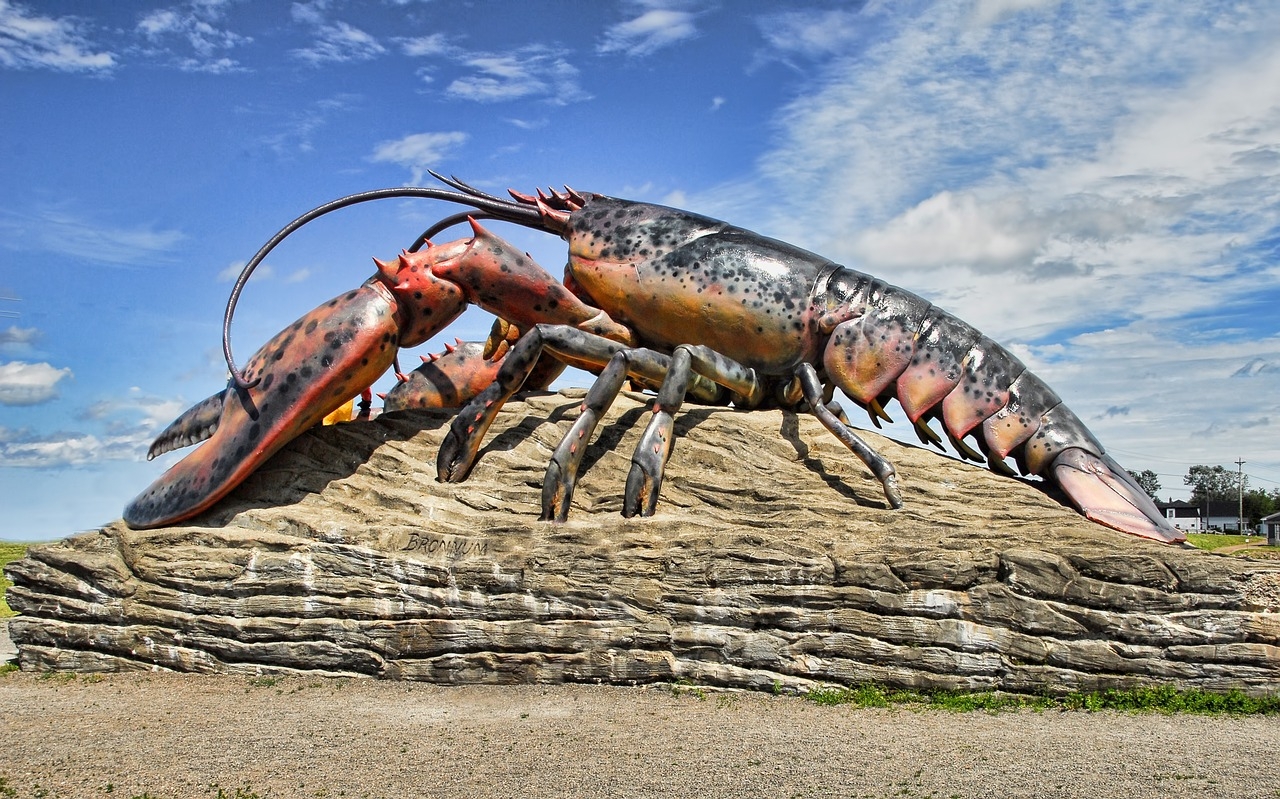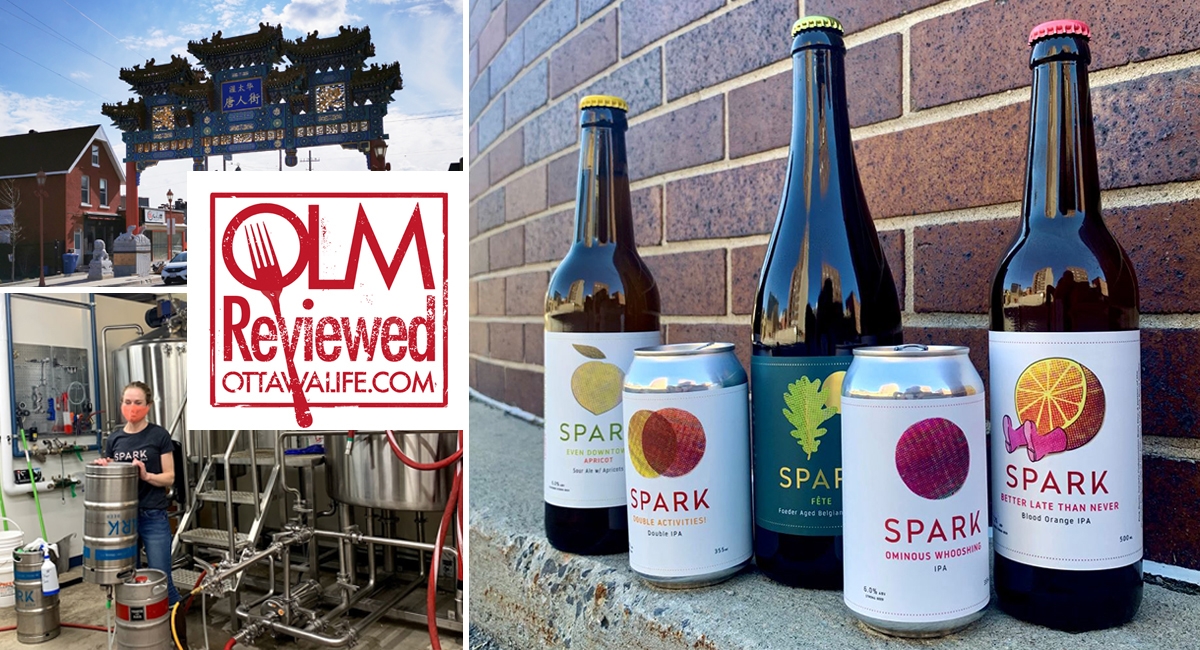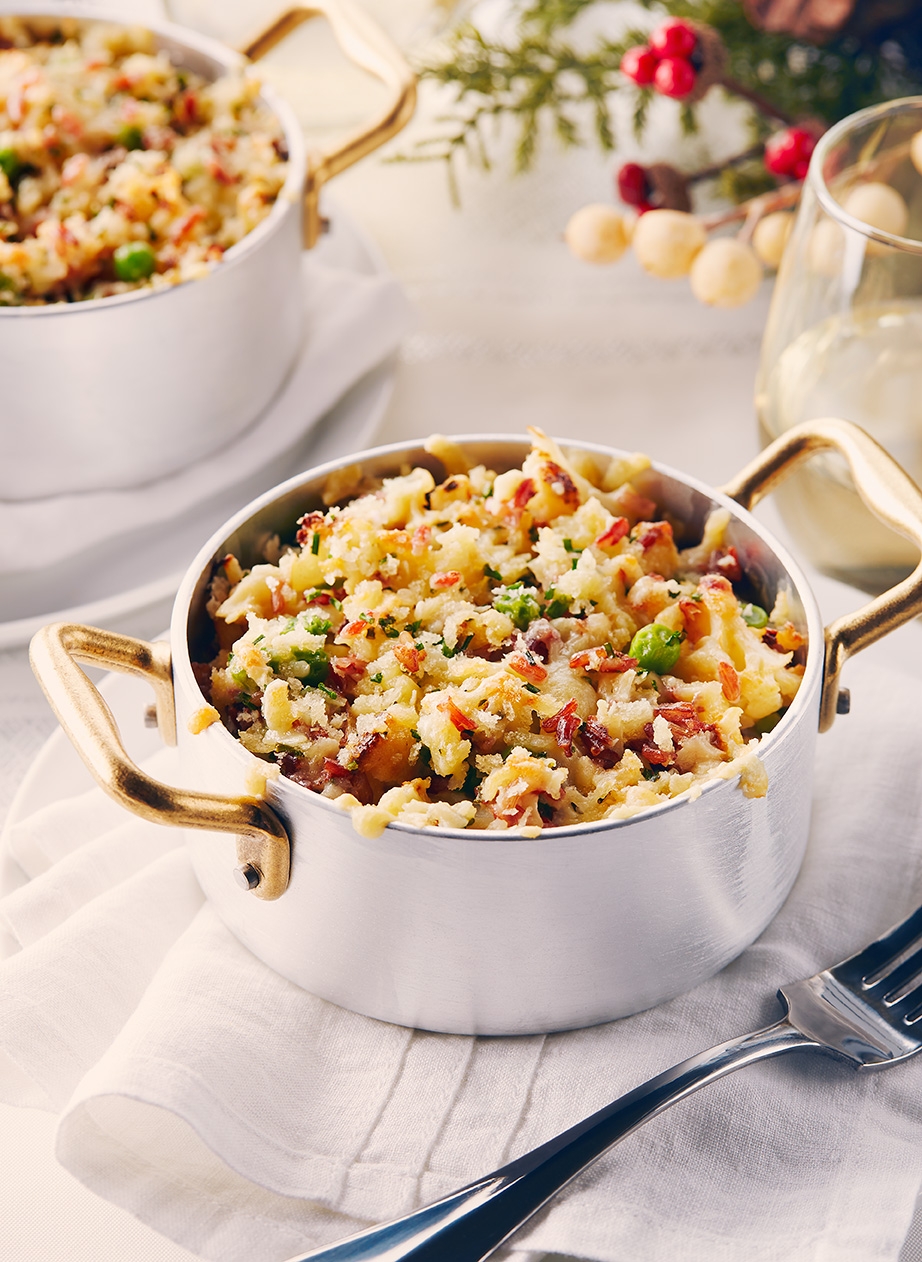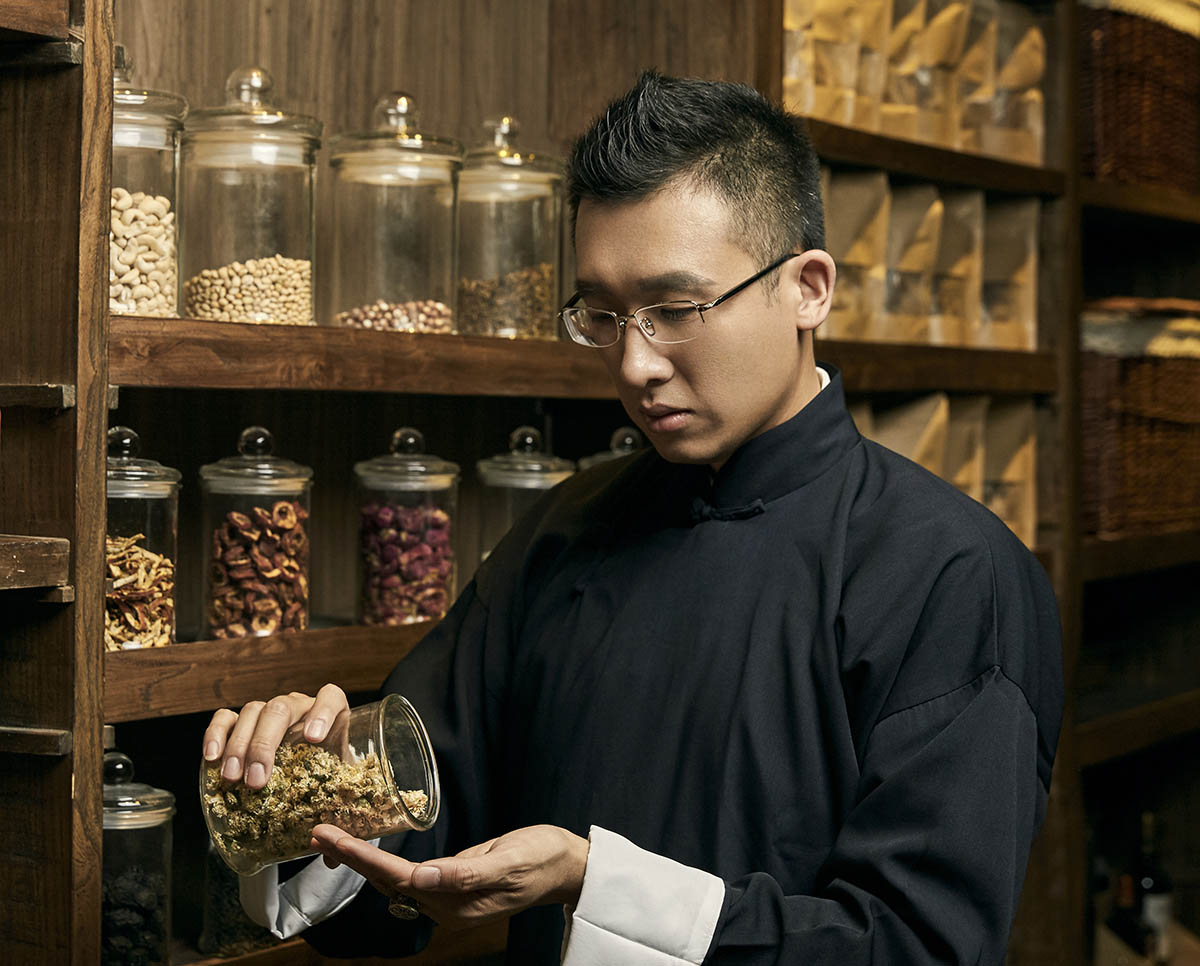
Heritage Artist turned Entrepreneur Zhenyu Wen: Propagating the Culture of Eastern Imperial Palace Afternoon Tea to the World
Zhenyu Wen (Family name: Wen, also known as Jingcheng Wen) goes by many titles. He has been referred to as a National Think Tank Food Culture lecturer, planner for the Summer Palace of Beijing’s Imperial Garden, inheritor of the Eastern court afternoon tea culture, and the founder of the trending brand Bee21, which has earned him the nickname “Master Wen” among friends.
Beyond his many titles, Zhenyu Wen is the first to incorporate the traditional höney refining technique into modern art. He hopes to promote timeless tradition; which has been selected for the Chinese Cultural Heritage Protection Project, to the world.
Wen does not consider himself a gourmet connoisseur, traditional Chinese medicine practitioner, or businessman. He instead devotes himself to staying true to his duties as an educator of traditional oriental culture by promoting the art of honey refining.
Wen’s family’s honey refining technique traces its roots back to the Qing Dynasty. Because his ancestors oversaw the meals served at the royal court, they had the opportunity to distill their knowledge in the palace and pass it on to their descendants. The Qing Dynasty royal family engaged in afternoon tea habitually, creating a cultural icon that persisted for centuries.
Wen learned growing up that the art of honey refining has existed for millennia. The traditional practice has also played an essential role in the development of medicine. The process has not only been documented in imperial court records, but descriptions of it have been written across centuries of classical literature.
As early as the Song Dynasty, the official Honey Supervisory Bureau was established, and in the Qing Dynasty, honey was added to the afternoon tea at the royal palace, marking its significance at a cultural level.
Even after these developments, there were some gaps in the generational teaching of honey refining, which is why Wen treasures the tradition to this day. The traditional honey refining technique was silenced for decades by changing times and external factors, so it was only taught within his family in secrecy through generations.
To share the rich culture of afternoon tea, Zhenyu Wen began to incorporate his knowledge into the afternoon tea served in French restaurants in 2008. He received high praise and eventually started to promote his honey product nationwide.
At the same time, Wen was the first person in China to try to incorporate the concept of afternoon tea into French cuisine, bridging cultures.
Because it originated in the imperial palace, afternoon tea traditions have particular rules about the use of utensils and selection of ingredients. Fine Eastern porcelain must be used for tableware, and deep mountain organic honey must be selected for the ingredients. The process in entirety is meant to reflect the elegant balance between man and nature. Wen presents his work with the same sincerity as an artist.
Wen’s efforts attract international acclaim. Many worldwide events feature his Eastern court afternoon tea ceremony. Recently, Wen was an honoured guest at the GIC Global Innovators Conference, where he invited worldwide attendees to sample his honey.
During the Beijing International Design Week and in a series of documentaries on food culture, Wen spoke about the Art of Balance; in harmony with nature. Then, he appeared as a special guest at the oriental Concept Designer Live event during Beijing International Fashion Week.
Wen’s efforts using his honey refining technique for afternoon tea attracted widespread attention by major media in China. In 2013, CCTV-4 gave a special report on the international reach of the Eastern afternoon tea culture, which gave him great confidence in his practice.
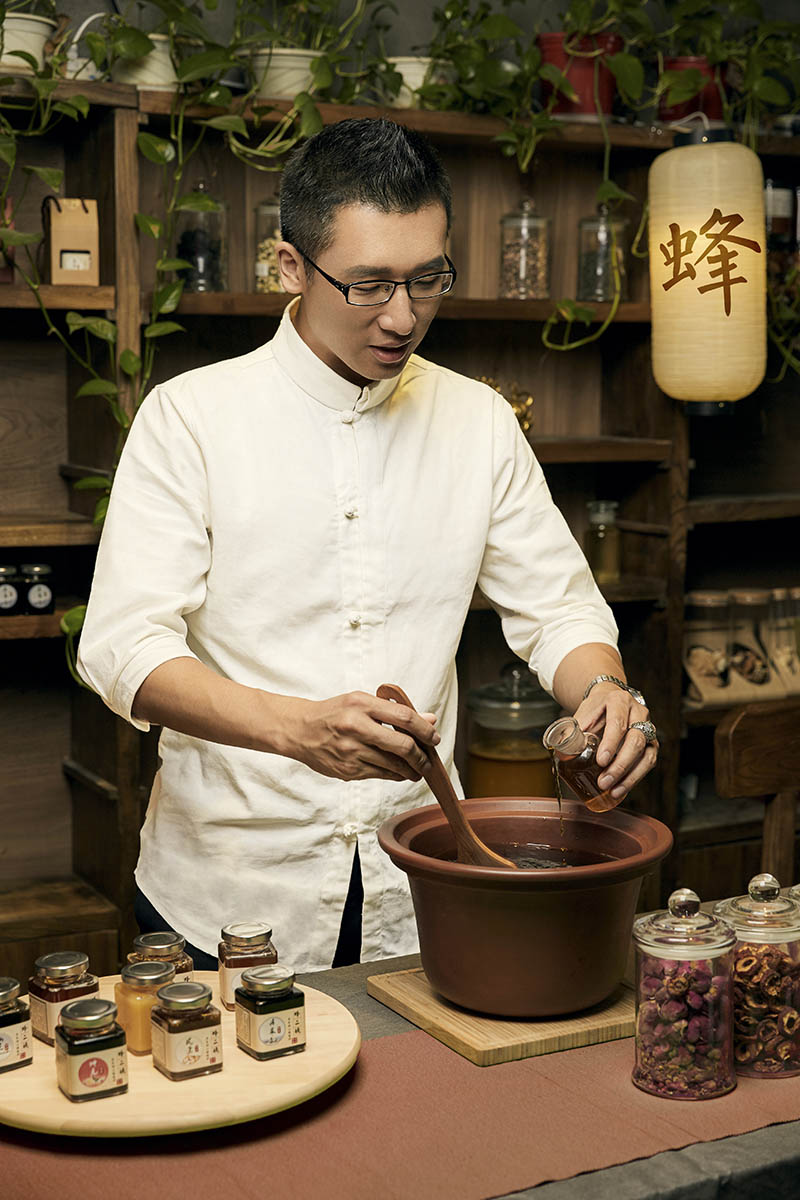
ABOVE: Zhenyu Wen’s family honey refining technique was chosen as Intangible Cultural Heritage by the city of Beijing. (Photo: Mr. Wrong)
Set on reaching an even larger audience, Wen has integrated modern tools and equipment into the honey production process, turning honey refining products into capsules for coffee machines. As Chinese consumers gradually accept Zhenyu Wen’s inherited honey refining technique, his next step is to promote this product around the world.
“This is not just about selling an Eastern drink overseas, but about spreading the Eastern court afternoon tea culture, which has been inherited for hundreds of years, to the world,” Zhenyu Wen said, “The honey refining technique has been able to stay intact for centuries relying not only on teaching, but more importantly, the significance of its cultural heritage.”
Zhenyu Wen hopes that by reaching the global stage, more people can appreciate and enjoy the afternoon tea culture that was exclusive to the royal family in the East and introduce the heavenly way of life that was once popular in the Qing Dynasty royal court.
With the techniques he developed based on traditional art, Wen was selected to enter the competition for Intangible Cultural Heritage by the city of Beijing. After a rigorous qualification review, he stood out from hundreds of projects and, through the scrutiny of dozens of experts, was ultimately awarded the title of representative protection project for intangible Chinese cultural heritage within the context defined by UNESCO.
Wen actively promotes the traditional and cultural values of the technique to increase its influence and awareness. His research has continued, too; he is constantly refining the innovation and adaptability of the honey refining technique.

